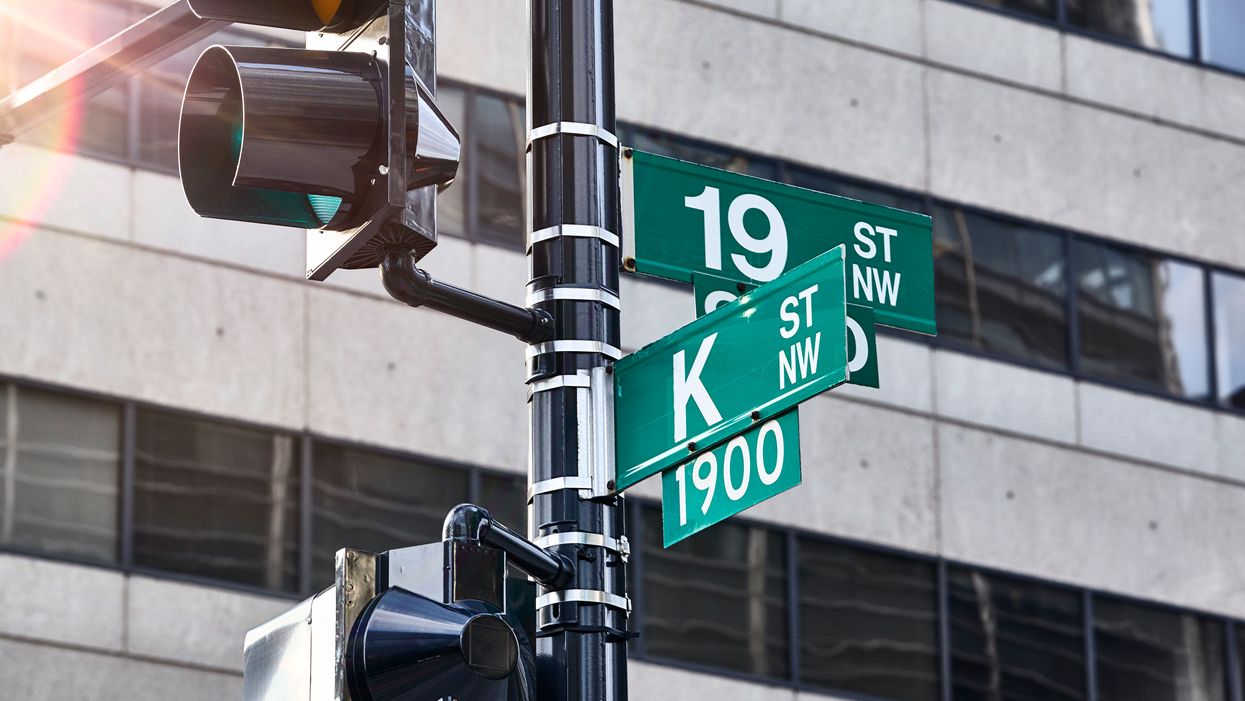The coronavirus pandemic has gutted the American economy. Small businesses have shuttered their doors, large corporations have filed for bankruptcy, unemployment rates have soared to the highest levels since the Great Depression — and entire industries may need help from the government to avoid collapse.
But as millions of Americans struggle to pay their rent on time, one industry is booming. Lobbyists on Capitol Hill are in sky high demand. Corporations and special-interest groups are turning to lobbyists to help them maximize aid from the government as the economic fallout from the pandemic continues.
According to the Center for Responsive Politics, spending on federal lobbying totaled $903 million in the first quarter of this year, matching the figure from the first three months of 2010 — the most expensive single season of lobbying on record. The $2 trillion economic recovery package enacted in March, bill, known as the CARES Act, is the second most lobbied bill of all time.
With the help of lobbyists, businesses are trying to secure the biggest piece possible of the relief pie. The problem, however, is that lawmakers should be listening to the voices of their constituents, not corporations with close ties to the government. In times of crisis, the lobbying boom is funneling taxpayer money away from those who need it most.
As lawmakers rush to address the pandemic, many industries are slapping "coronavirus" onto their existing agendas as a way to seek to take advantage of the current circumstances. Adidas is lobbying for a provision to allow people to use pretax money to purchase gym membership and fitness equipment — even as gyms around the country have been ordered closed. Drone manufacturers are asking the Trump administration to grant waivers to bypass regulations. And corporate giants like CVS and Apple, whose profits have gone up during the pandemic, nonetheless lobbied to get provisions in the CARES Act.
As a result, the law is full of provisions that benefit wealthy corporations. Money allocated to corporations by the Treasury Department and Federal Reserve under the measure doesn't have to be used to support workers. Corporations may use these taxpayer-funded loans to buy back stocks, maintain profits for their shareholders or pump money into their reserves. A congressional oversight commission set up as part of the law has yet to name its chairman. Even if it does begin to function, the panel has been given limited power to access information about private companies. That means there's no guarantee the loans will actually benefit everyday Americans and their families.
The real winners of the lobbying bonanza? Lobbying firms. Take, for example, Brownstein Hyatt Farber Schreck. The firm raked in a whopping $11 million from clients just in January, February and March — and added 33 new clients to its portfolio. The firm was paid $960,000 from three entities under Apollo Global Management, one of world's largest private equity firms, on "issues related to Covid-19 relief." It's difficult to fathom why a giant private equity firm would need coronavirus relief. The co-founder of Apollo, Joshua Harris, has advised the Trump administration on infrastructure policy and has been considered for a White House position. Disclosures show that many other lobbying firms with close ties to the administration also saw big gains in their profits.
Meanwhile, small businesses are struggling. In a survey of 86,000 small- and medium-sized businesses, Facebook reported that a third of businesses closed during the pandemic do not expect to reopen. These businesses and their employees are barely hanging on by a thread. Among hotel, cafe and restaurant employees, 94 percent reported they have no access to paid time off and 93 percent reported they have no sick leave. Food banks across America are buckling under high demand. Every minute a member of Congress spends with a corporate lobbyist is time spent away from listening to the concerns of ordinary constituents.
As Congress gears up to negotiate additional relief bills, who should have the power to influence how our tax dollars are allocated? At Lobbyists 4 Good, we believe power should rest in the hands of ordinary Americans. We allow individuals to start crowdfunded campaigns to hire advocates for their cause. One of our current campaigns is pressing Congress to prioritize public health in the next coronavirus response legislation — not on bailing out corporations. These lobbying efforts rely on everyday people for funding through small donations — not large corporations or wealthy donors.
Businesses big and small have been shuttered by the pandemic, and they should have their voices heard by lawmakers. But the government's purpose, especially in times of crisis, must be to serve the interests of the American people, not corporations.



















Trump & Hegseth gave Mark Kelly a huge 2028 gift